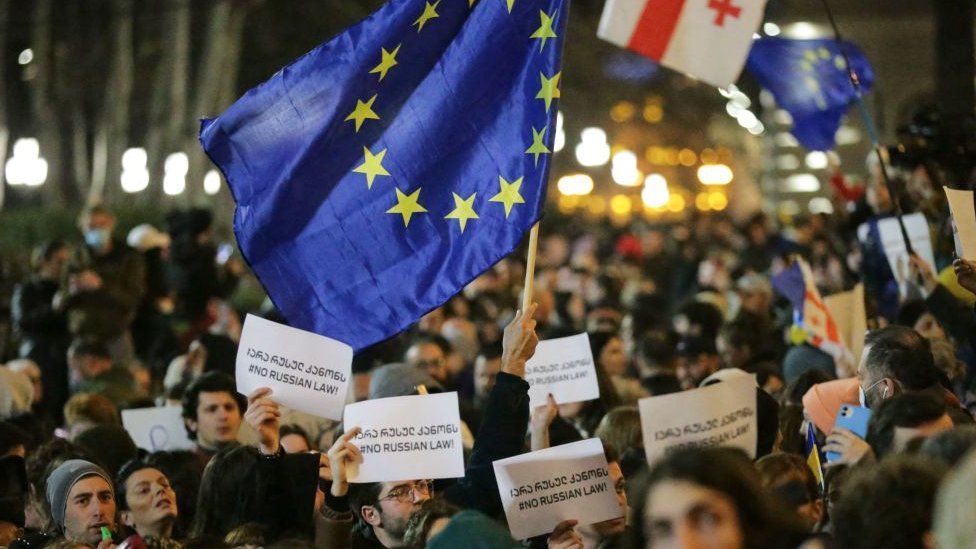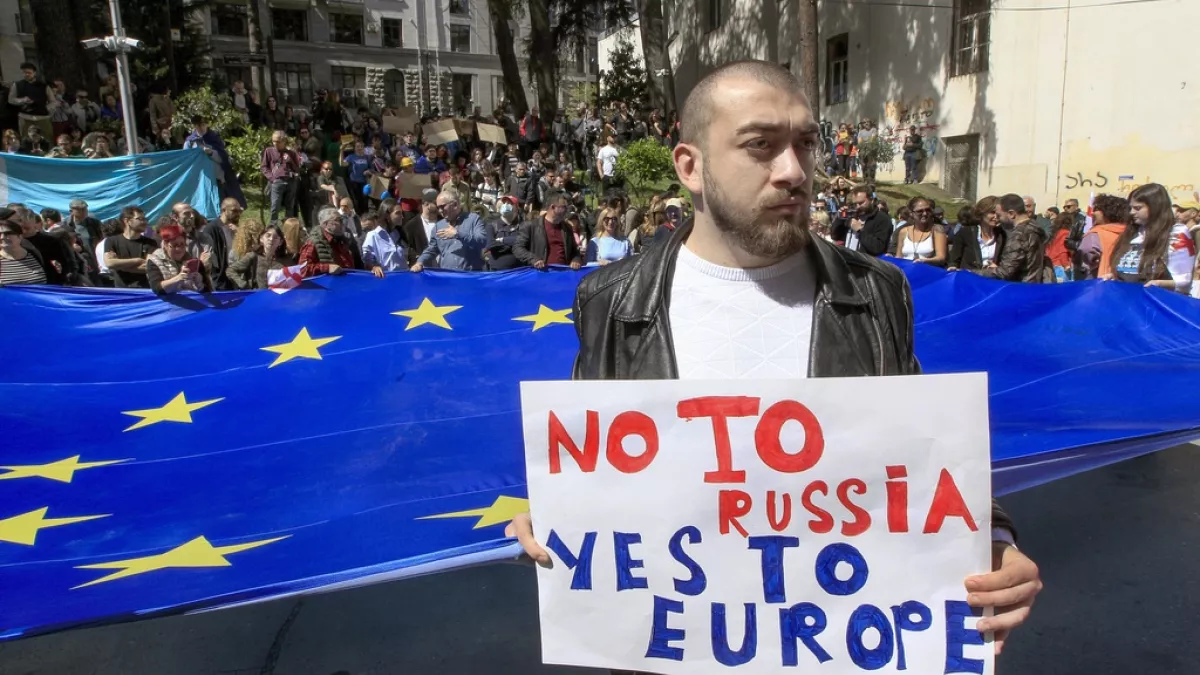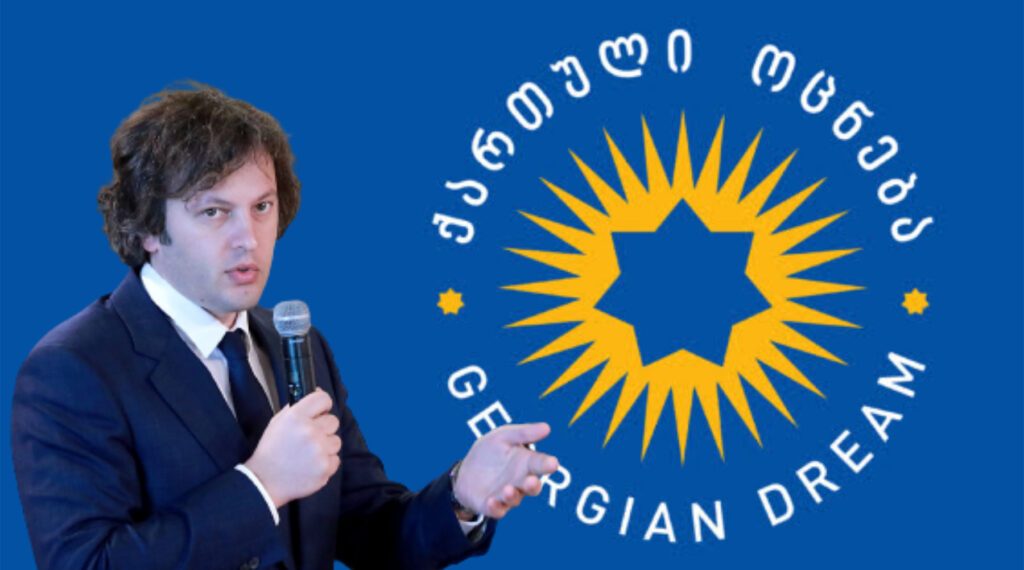Georgian Prime Minister Irakli Kobakhidze pushed back against U.S. criticism of a proposed “foreign agents” law, denouncing Washington’s remarks as false and reminiscent of previous interference that had stoked unrest.
The draft law, currently under review in the Georgian parliament, stipulates that organizations receiving over 20% of their funding from abroad must register as foreign agents, a move opponents decry as authoritarian and influenced by the Kremlin.

Protests have erupted in Tbilisi against the legislation, with both the European Union and the United States urging Georgia to reconsider, warning of potential repercussions for its European Union membership aspirations and broader alignment with the West.
Kobakhidze rebuffed U.S. diplomat Derek Chollet’s assertions, likening them to past false statements by former U.S. ambassadors that, according to him, had incited violence and supported unsuccessful revolutionary activities.
He stressed the need for a fair and honest approach to restart relations between Georgia and the United States, emphasizing the impossibility of progress amid what he perceived as biased criticism.

Bidzina Ivanishvili, the influential founder of the ruling Georgian Dream party, echoed Kobakhidze’s sentiments, vowing to defend Georgia’s sovereignty and accusing the West of interference aimed at igniting conflict.
The tense standoff reflects a broader struggle within Georgia, shaping its trajectory either toward closer alignment with Europe or a resurgence of Moscow‘s influence.
As the country addresses its path forward, tensions persist between domestic legislation, international scrutiny, and the geopolitical aspirations of its leaders.





